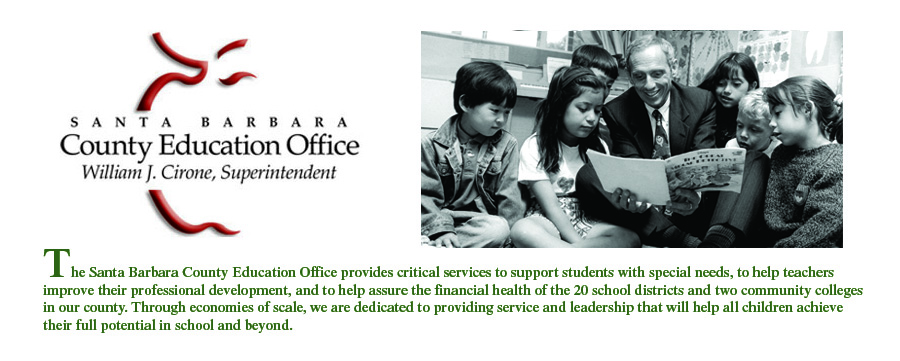Radio Commentary
The teen years can be tricky, both for those living through them and for the parents who are guiding the journey.
Communicating with young people at this stage can be equally tricky, but there are a few basics that parents have found helpful.
First, when speaking to young people, always be as specific as you can. Strive to use simple, specific terms. This will help prevent misunderstandings.
If you keep your comments too general, your teen might miss the point. Worse, he or she might misconstrue your intentions.
It’s also a good idea to help your teen empathize by expressing your own feelings very clearly.
Try to reveal some of your inner thoughts. Let your child know you are also an individual and can be hurt by others.
It’s helpful for teenagers to know that even their parents can sometimes be confused in their thinking or fearful in certain situations.
These emotions are universal and shared by all. They do not arise exclusively during adolescence.
It can be especially helpful for teenagers to hear their own parents express these emotions.
Best of all, these talks can be a real aid in communication between parent and child by showing how it is possible —and painless— to share thoughts and ideas.
